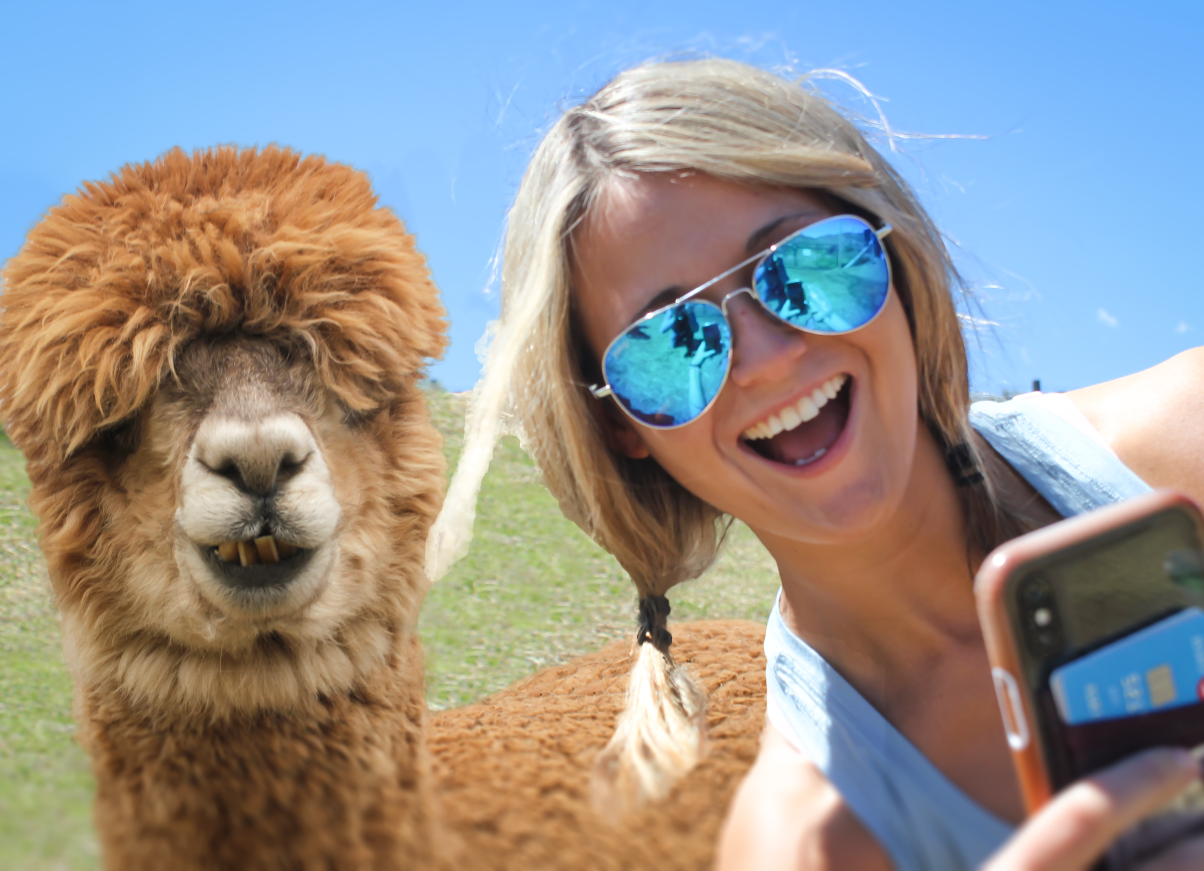
Denver, Colorado alpaca adventures 2023
Essential alpaca adventures package and vacation tips and tricks in Denver, Colorado: It’s a photo-worthy activity: If you’re looking for a fun experience where you can take some Instagram-worthy shots, meeting alpacas is for you. You’ll be able to stand with them, pet them, feed them, and take photos with and of them. Not only are you interacting with an animal you’ve likely never hung out with before, but you’re also doing it in an incredibly scenic state. Capture some photos of you smiling with an alpaca for all your followers and friends to enjoy. Are you looking for an educational opportunity for your kids? Come enjoy an alpaca experience that’s not only fun but also informative. This alpaca experience takes place on a fiber farm. This type of farm raises animals like alpacas, sheep, goats, llamas, angora rabbits, and more for their fleece and wool. Find extra information at alpaca adventures package in Colorado.
For many years, zoologists assumed alpacas and llamas had descended from guanacos, and they were classified in the genus Lama. However, in a 2001 paper titled “Genetic analysis reveals the wild ancestors of the llama and the alpaca” in the journal Proceeding of the Royal Society B, researchers showed there is “high genetic similarity” between the alpaca and the vicuña, and between the llama and the guanaco. They recommended that the alpaca be reclassified as Vicugna pacos.
As with all livestock, owners and visitors should use common sense and a degree of caution when working around alpacas. People working with alpacas should wear long pants and shoes or boots that have traction and cover the whole foot. Proper handling of alpacas, as well as all camelids, requires humans gaining their trust by using a calm voice and light restraint. Handling alpacas for herd husbandry is best taught to novice alpaca owners by experienced owners or experts.
Adorable, docile and soft, alpacas are prized as pets and cattle around the world. There are no wild alpacas. Alpacas are domesticated versions of vicuñas, South American ruminants that live high in the Andes. Alpacas are related to llamas, which are domesticated versions of another wild Andean ruminant, the guanaco. While llamas are used as pack animals, alpacas are raised mainly for their soft wool. Guanacos and vicuñas are found throughout the Andes Mountains. They are descended from camelids that developed in North America and migrated to South America 3 million years ago, according to Phil Switzer, an alpaca breeder based in Colorado. These animals evolved into guanacos and vicuñas, and about 6,000 years ago, people in the Andes began to domesticate them. There are two breeds of alpaca, the Huacaya and the Suri. Huacaya alpacas are more common, according to Switzer.
Are alpacas an “exotic species,” or are they considered simply “livestock?” Alpacas have been raised as domestic livestock for thousands of years. Since the end-product of alpacas is their fleece, like sheep, they are classified as livestock by both the United States and Canadian federal governments. Do alpacas spit? All members of the camel family use spitting as a means of negative communication. They do get possessive around food, and may express annoyance by spitting at other alpacas that they perceive are encroaching on “their” food. Also, they often spit at one another during squabbles within the herd (usually involving two or more males). From time to time alpacas do spit at people on purpose, but it is more common that humans get caught in the crossfire between alpacas, so it’s best to study their behavior and learn to avoid the most vulnerable situations.
Nowhere else but here will you have the same opportunity to experience Alpacas in the open beauty of nature. Get nose-to-nose with Pablo Picasso just one of our resident furry friends. Come explore the scenic mountain views where you can hand-feed a healthy snack to our friendly Alpacas. Live entertainment is part of the fun. Learn fascinating facts about these majestic creatures, and go behind the scenes into a fiber producing Alpaca farm. Chances are, you’ll make a new friend on your visit. For all ages, this is a once in a lifetime opportunity. Discover more information on https://meetalpacas.com/.
Can alpacas thrive in locations with very hot or very cold climates? Generally, yes. Alpacas are amazingly resilient animals and have adapted successfully to the extremes of both very hot and very cold climates. In hot, humid climates, alpaca owners need to take extra precautions to make sure that the alpacas do not suffer from heat stress. These include shearing fleeces early in the year, providing fans and ventilation in the barn, and offering cool fresh water for drinking.